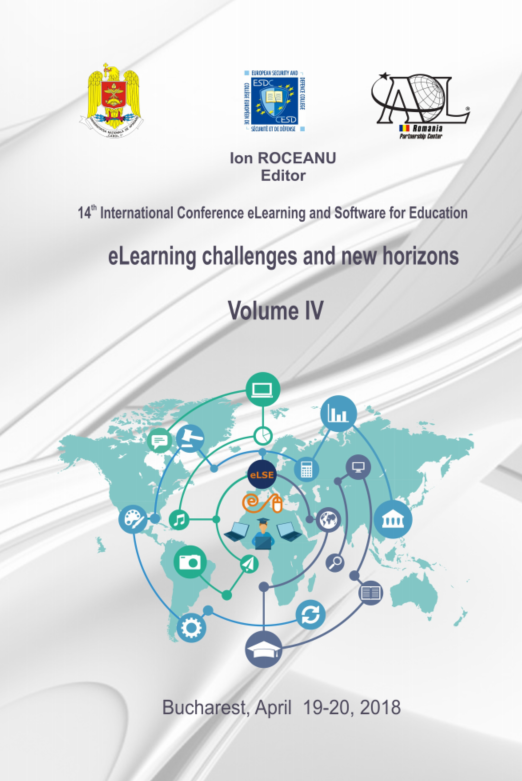Alternative Evaluation Methods in University Education
Alternative Evaluation Methods in University Education
Author(s): Raluca-Giorgiana Chivu, Mihai C. Orzan, Luiza-Maria TURLACU, Andra-Victoria RADUSubject(s): Social Sciences, Education
Published by: Carol I National Defence University Publishing House
Keywords: education; alternative evaluation methods; qualitative research;
Summary/Abstract: The alternative methods of evaluation are interest subject because of their presence in the Romanian educational system from the beginning of the educational stages until the last cycle of studies conducted by each person. I consider that the topicality of the theme is in its usefulness and applicability in the educational context regardless of the stage or cycle we refer to, alternative assessment methods being more and more common and used in the observation and evaluation of students. They have the main benefit of knowing the individual and their behavior, skills and abilities, and not just the ability of memorize or learn. The idea of alternative evaluation has become important, precisely because I appreciated the situations in which students was subjected to evaluation using these methods that offered them the possibility of organization, creativity and ingenuity. A reference example could be from a high school discipline, namely Language and Literature, in which the evaluation could consisted also in the elaboration of a work portfolio that included several optional individual activities. In addition, in the academic environment, the idea of portfolio or summative assessment is much more common because the marks obtained in the seminar count to the final grade, and here is the opportunity for the student to recover the score while for the exam has only one chance or more in case of arrears). Practically, assessment can be regarded as a complex process through which the student's level of training is measured, but this is an indispensable process from the perspective of the didactic framework which involves both scientific training in the evaluation and discipline field as well as a an extra effort to reduce, as close to the minimum as possible, the subjectivism in the appraisals it usually makes.
Journal: Conference proceedings of »eLearning and Software for Education« (eLSE)
- Issue Year: 14/2018
- Issue No: 04
- Page Range: 129-136
- Page Count: 8
- Language: English

